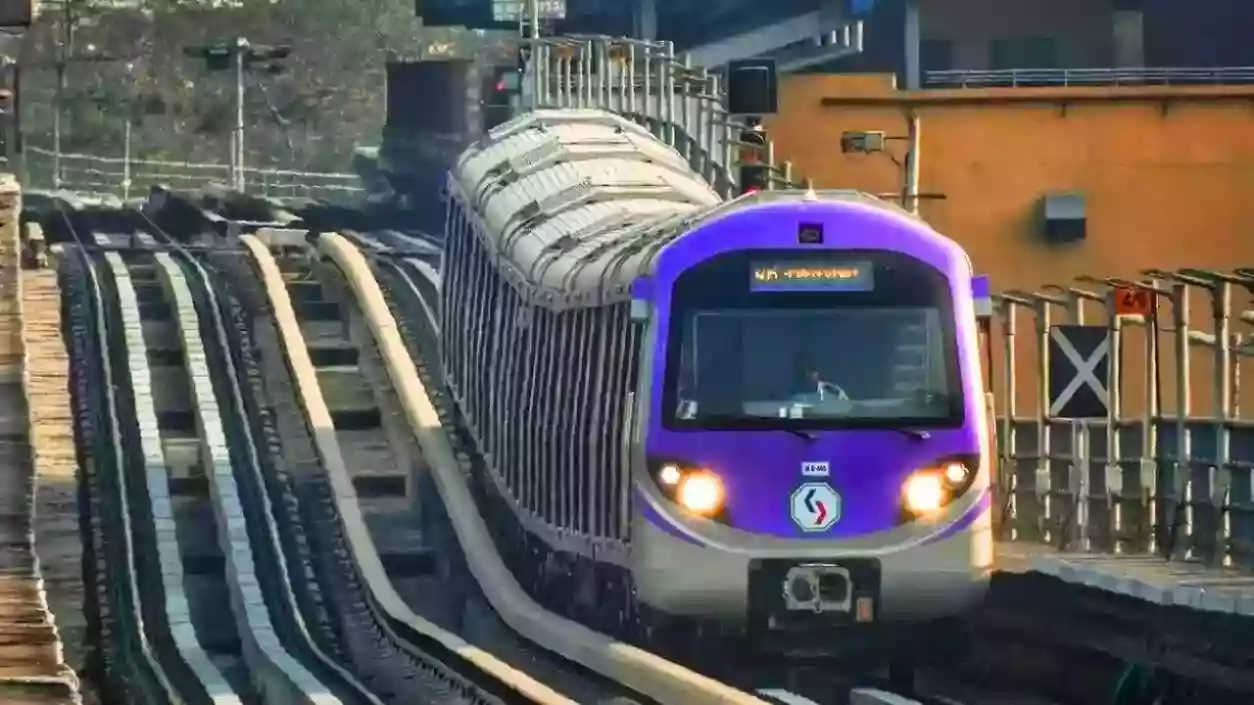.gif)
.gif)

Kolkata's Joka-Majerhat metro line will see a significant service boost starting today, with 18 additional trains being added to the route. The move aims to address long-standing issues related to train gaps, which have previously reached 50 minutes, making the service less reliable for commuters. With the new addition, the time gap between trains will be reduced to 22 minutes, improving the frequency of service throughout the day.
The decision to increase the number of trains comes after the metro’s extension to Majerhat, which faced delays and was initially underutilized. Although the extension was completed, the metro's importance was not fully realized due to limited train services. The newly introduced trains will operate on both the up and down routes, bringing the total number of trains on the line to 40—20 in each direction. Despite this increase, metro authorities have not yet extended the operating hours but have indicated plans to do so in the future.
The Joka-Majerhat route connects to key stations like Rabindra Sarobar on the North-South Metro line, and it is linked with the Shyambazar-Budge Budge railway section, making it an important transit corridor. In light of its growing significance, metro authorities have taken steps to ensure better operational efficiency by redeploying approximately 20 workers and officials across different stations on the line. This measure is expected to help manage the increased train operations and improve overall service delivery.
The increased number of trains on the Joka-Majerhat metro line is part of a broader effort to enhance the metro network in Kolkata. The focus on improving this particular route comes after the successful implementation of services on other lines, such as the East-West Metro and New Garia-Ruby Metro route. The addition of new trains aims to meet the growing demand from passengers and address the long-standing service gaps that have been a source of inconvenience for daily commuters.
Despite the improvements, concerns have been raised by metro employees about the strain on the existing workforce. The Metro Workers' Union has noted that without additional staff, the pressure on the current personnel could impact the sustainability of the new services. While the focus is currently on increasing train frequency, future plans may include extending service hours based on passenger feedback and operational performance.